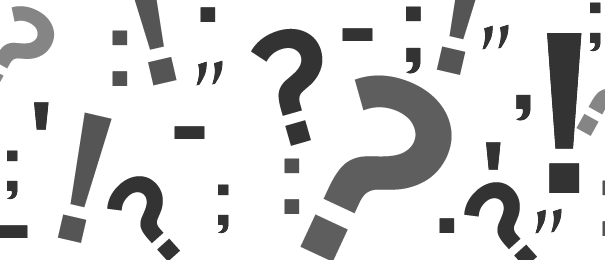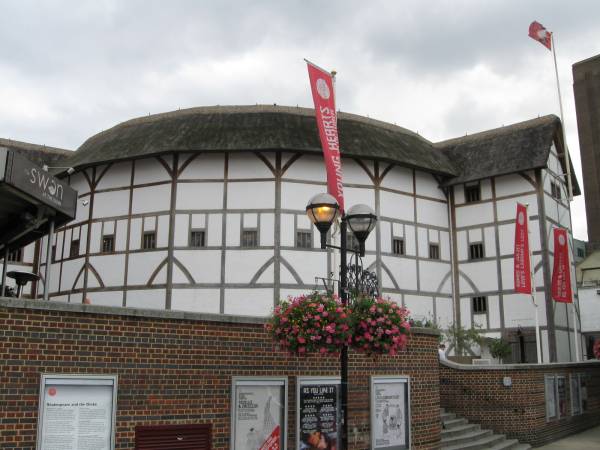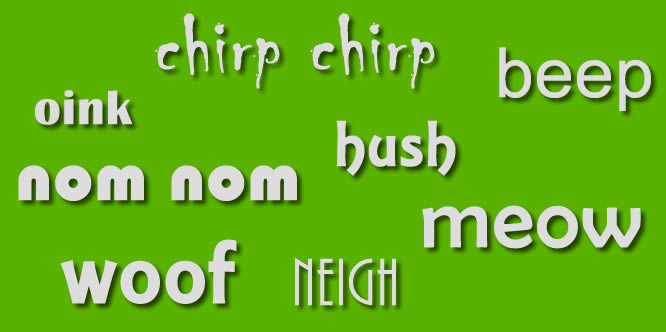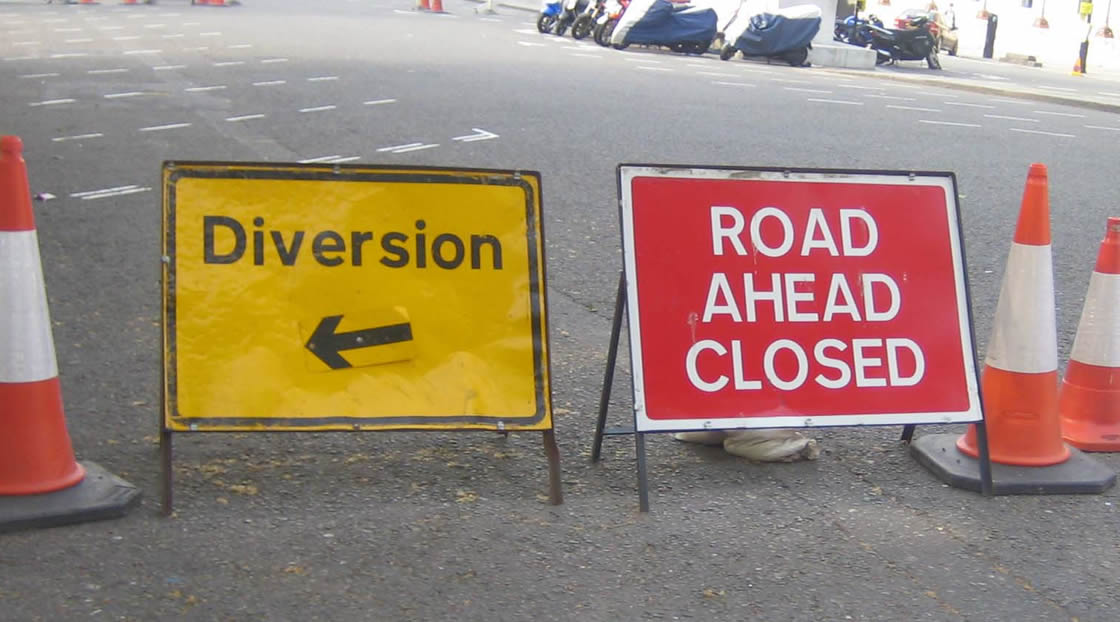El profesor Ronan O’Donnel, en la nueva entrada de “Tu cita con el inglés”, nos habla del uso de los signos de puntuación en inglés.
Realmente, si no tienes problemas usando los signos de puntuación en español (no todo el mundo los usa como es adecuado), te será muy fácil utilizarlos correctamente en inglés.
Y ¡ojo! porque si haces esto bien, escribirás mejor que muchos ingleses nativos que, con perdón de la expresión, suelen pasarse las “punctuation marks” por el forro… Los que viváis en UK y soláis recibir emails de vuestros compañeros de trabajo o amigos ingleses, nos daréis la razón ¿verdad?
Punctuation marks are used to structure and organise your writing. Here are some of the more common uses of these.
A. The full stop (.), question mark (?) and exclamation mark (!) are all used to end sentences.
The weather was nice. It was sunny every day.
What was the weather like when you were on holiday?The exclamation mark is used to show emphasis or surprise.
I can’t believe they are going to get married!
B. Commas (,) are used for a number of reasons which are not always clear but there are some agreed uses.
They are used:
(a) To link statements with and, but, or
It sounds like a great idea, but I don’t have enough money.(b) In a list
We need flour, yeast and water to make pizza dough.(c) At the beginning of sentences to separate adverbials.
Fortunately, he had taken his umbrellaC. Apostrophes (‘) are used to show where letters are missing and to form a possessive noun
She’s always late.
That is Tom’s bike.D. Colons (:) and semi-colons (;)
Colons are used before a list or explanation.
Mary was angry: she didn’t get the job.
I have a lot of things to buy before going on holiday: sun screen, shorts, mosquito repellent, sunhat.
Semi-colons are used between two phrases linked in meaning.
Michael is the richest man in South London; he owns 56 properties.
E. Dashes ( – ) are sometimes used to replace a colon or a semi-colon.
Mary was angry – she didn’t get the job
F. Hyphens (-) are used in compound nouns
Iguanas are cold-blooded creatures.
G. Quotation marks ( “ “ ) (‘ ‘) are also known as ‘inverted commas’ or ‘quotes’. They are used to show direct speech.
‘Did you watch the football last night,’ asked John.
For more detailed information and to test your knowledge visit this website: http://www.grammarbook.com/punctuation_rules.asp






